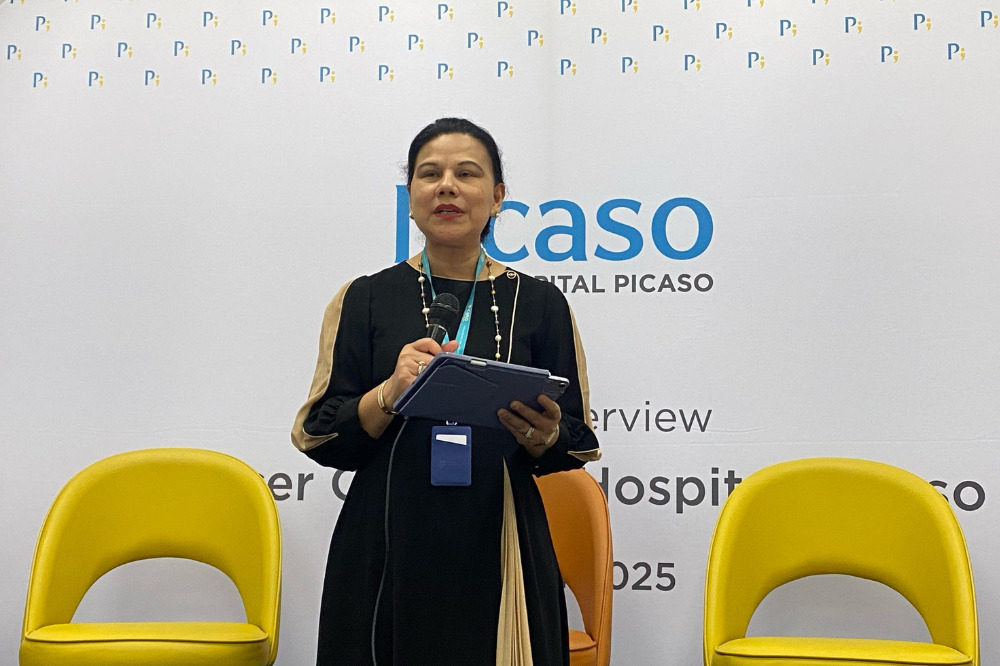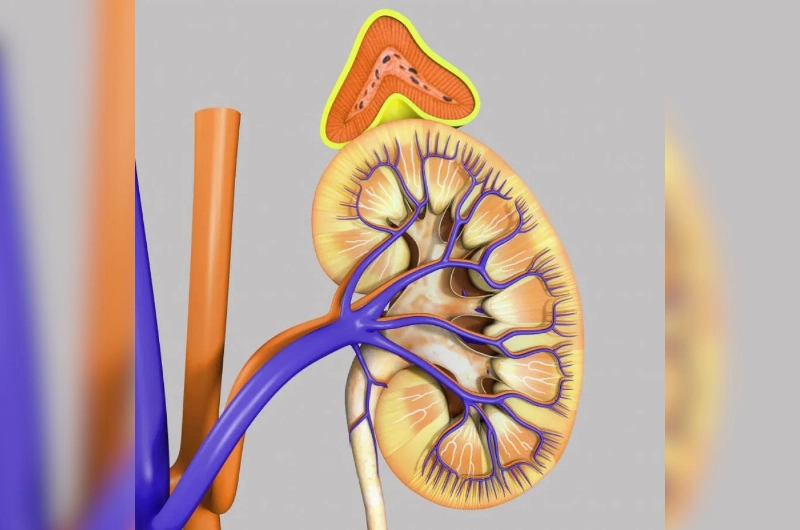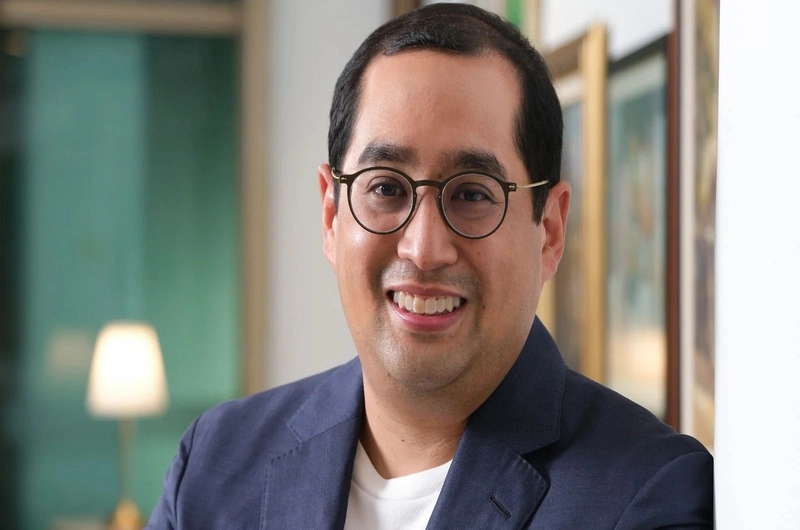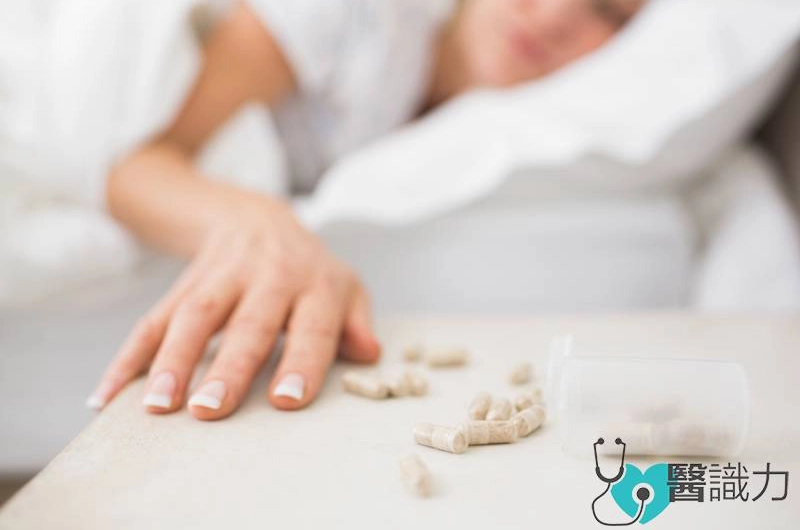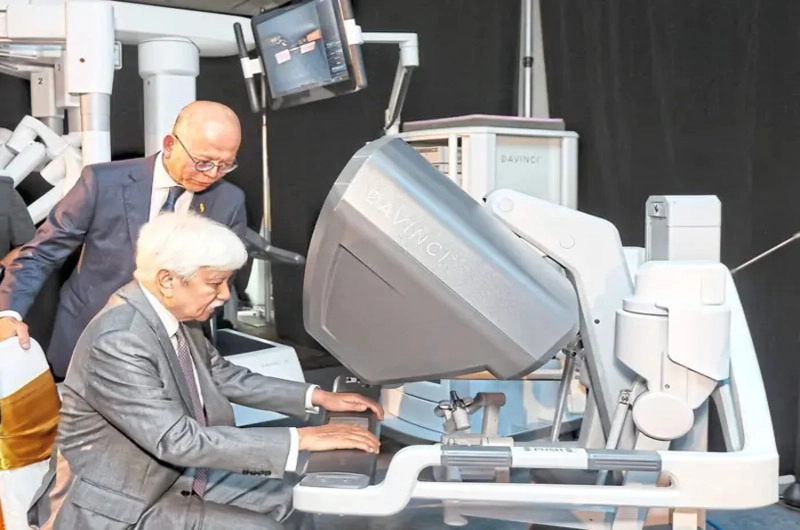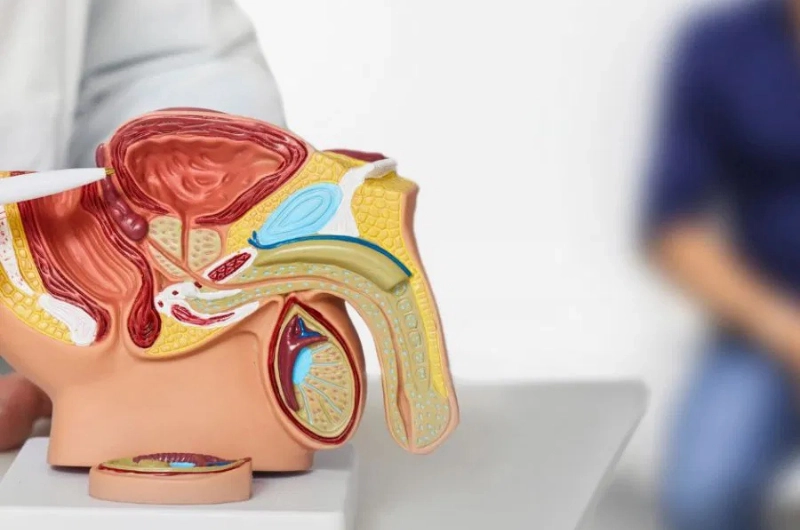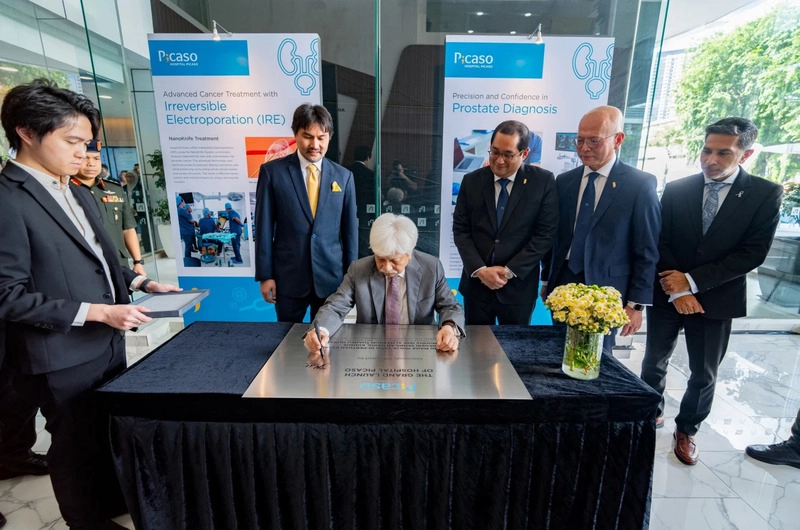Should you worry about low vitamin D?
June 21, 2025

Hospital Picaso, Consultant Clinical Oncologist, Dr Mastura Md Yusof, if you were to take a vitamin D blood test today, chances are you'd be considered deficient and so would most people around you, even in a sun-soaked country like Malaysia. Photo: Canva
HAVE you ever considered how lack of iron can lead to anaemia?
Now think about vitamin D, what happens when your body doesn't have enough of it? While iron deficiency comes with well-known risks, vitamin D deficiency is less talked about, yet surprisingly common. But should it be a cause for concern?
According to Hospital Picaso, Consultant Clinical Oncologist, Dr Mastura Md Yusof, if you were to take a vitamin D blood test today, chances are you'd be considered deficient and so would most people around you, even in a sun-soaked country like Malaysia.
She emphasised that vitamin D deficiency is so widespread that most people would only find out about it through a blood test, as it often shows no symptoms.
“It’s become quite trendy now.
“People go to GPs or wellness centres, get tested, and almost always come back with low vitamin D levels. Then it gets prescribed to everyone. But whether it really helps each person, we don’t actually know,” she said when met here at Hospital Picaso at Petaling Jaya.
Hospital Picaso, Consultant Clinical Oncologist, Dr Mastura Md Yusof.
How do we get more vitamin D?
Dr Mastura highlighted the importance of sun exposure, as this is how the body naturally produces it.
She added that vitamin D plays a key role in calcium absorption, and it becomes more crucial for individuals who have had their parathyroid glands removed, such as thyroid cancer patients or those who’ve undergone surgery.
In such cases, supplementation is necessary. However, as an oncologist, she didn’t consider vitamin D deficiency to be a major health concern for the general population. Supplementation, especially when combined with calcium, could be beneficial, but only in the right context.
To naturally boost vitamin D levels, incorporate safe sun exposure and dietary adjustments.
About 10–15 minutes of midday sunlight on bare skin, such as forearms or lower legs, is generally sufficient, though needs may vary by skin type and location.
It is also recommended to include vitamin D-rich foods like oily fish, egg yolks, red meat, liver, and fortified products such as cereals and plant-based milks.
Healthline noted that mushrooms are the only vegetarian food source of vitamin D, with UV-treated varieties offering higher levels; consuming four 75g servings per week may meet the recommended intake.
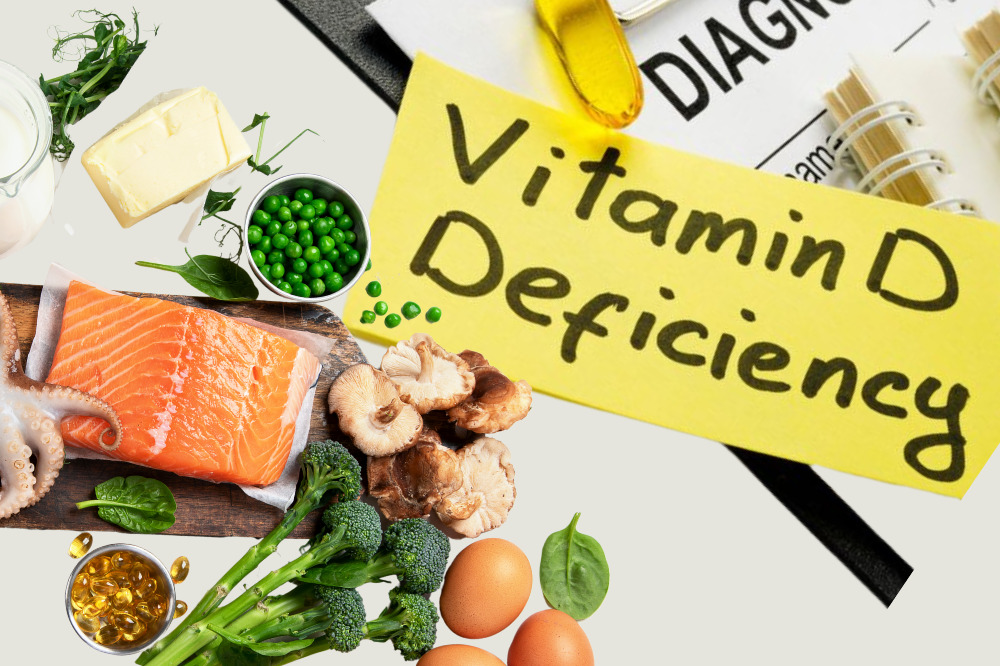
Image for illustrative purposes only. - CANVA
Fortified foods play a key role, and as always, it’s advised to consult a healthcare provider before starting supplements.
With cancer cases on the rise, Dr Mastura also shared her views on whether or not vitamin D deficiency is linked to the risk of cancer.
In her view, vitamin D is not the main concern.
She identified breast, colorectal, and lung cancer as the top three types on the rise, each strongly linked to lifestyle. For breast cancer, contributing factors include hormonal changes, obesity, smoking, alcohol use, physical inactivity, and delayed childbirth.
Dr Mastura strongly advocates for a healthy lifestyle to reduce cancer risk overall. She encouraged regular exercise, maintaining an ideal body weight, and eating a balanced diet.
“If someone works indoors but exercises regularly, that’s much better than someone who works outdoors but doesn’t exercise at all. We want the public to embrace healthy habits as part of cancer prevention,” she added.
Dr Mastura also criticised the idea that simply taking vitamin D supplements can make up for other poor lifestyle choices.
“Taking a supplement is like a drop in the ocean compared to the real lifestyle factors affecting our health,” she added.
Source
Should you worry about low vitamin D? (Sinar Daily, 21 June 2025)
Back
